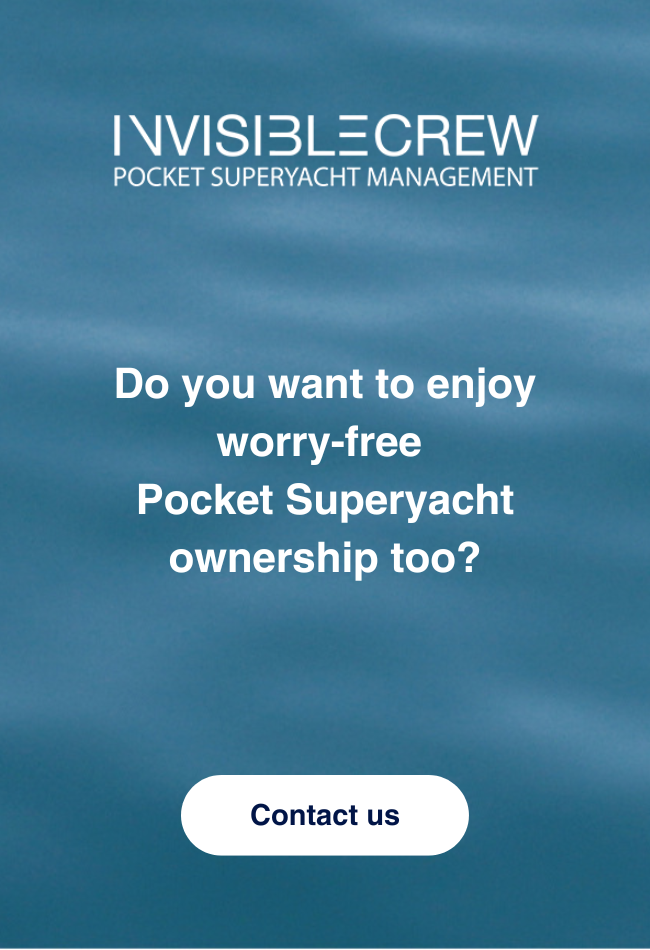According to the Spanish national and EU VAT legislation the general idea is that supplies or services of refit rendered in Spain to non EU pleasure crafts transported outside the EU by non established boat owners are subject to Spanish VAT if the vessels are destined to private use.
This exclusion of the VAT exemption is in the Spanish article 21.2 LIVA (VAT Act) that reproduces the European legislation in article 15.2 of the Sixth Council Directive 77/388/EEC (VAT 6th Directive) according to which Member States shall exempt following under conditions which they shall lay down the supply of goods dispatched or transported to a destination outside the territory of the country by or on behalf of a purchaser not established within the territory of the country, with the exception of goods transported by the purchaser himself for the equipping, fuelling and provisioning of pleasure boats and private aircraft or any other means of transport for private use. The private use of the vessel determines taxation.
However said services might be exempted from VAT and custom excise and duties under the so called customs’ Inward Processing Relief (IPR).
This specific suspension customs procedure applies to recognized established business and entrepreneurial that render in Spanish VAT territory services for refit, repair and maintaining – normally the shipyards – of non EU pleasure crafts and means that they are not obliged to pay VAT nor custom duties if the vessels are just imported from outside the EU to be processed and then exported again outside the EU. These businesses are subject to custom´s authorisation by means of a declaration as traders importing goods even occasionally through IP custom procedure and carrying out all processing in the Spain.
The authorisation by declaration for servicers and goods placed under IP customs arrangements or under arrangements for processing under customs control must be filed at the local customs and excise office (here in Palma, the Dependencia Regional de Aduanas e Impuestos especiales) through the so called Single Administrative Document (SAD or DUA in Spanish) by the IP holder disclosing all details of the applicant beneficiary company, the nature of the goods and service and place where they shall be carried out together with the deadline for reexport. If said deadline for reexport is unfulfilled Import VAT and duties would be assessed. This means in most of the cases havening the vessel arrested.
It is also important to know that the customs and duty office might require bank guarantee before granting the IP relief.
By Carlos Espinosa
Solicitor & Tax Advisor
carlos.espinosa@iurisnautic.com












